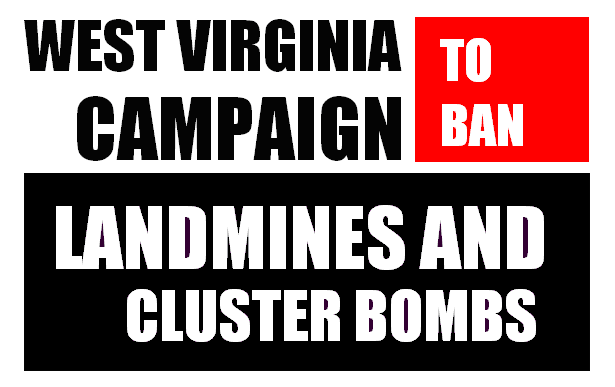The global ban was the result of a groundbreaking partnership between civil society, governments, and international organizations working together. The campaign to ban landmines was awarded the 1997 Nobel Peace Prize for its role in bringing about the Treaty and since then has served as a model to successive disarmament campaigns including ICBL’s sister campaign, the Cluster Munition Coalition.
The Mine Ban Treaty’s success can be measured by its real and lasting impact on mine-affected communities around the world.
Tangible Treaty successes to date include:
• The dramatic reduction in the number of new casualties caused by landmines each year – from some 20,000 when the mine ban campaign began, to some 3,300 recorded cases in 2013;
• Recognition of the rights of landmine victims in many states and the efforts being made to address their needs;
• The fact that more than 80% of the world’s countries (162) are on board the Mine Ban Treaty;
• The overwhelming stigma of the weapon today, so strong that most countries remaining outside the treaty abide by the ban on the weapon;
• Hundreds of square kilometers of contaminated land cleared of landmines;
• Destruction of more than 47 million stockpiled landmines in 87 countries.
In spite of this remarkable progress however, the work is not over. Every day people are killed or maimed by landmines or explosive remnants of war, showing that states need to work even harder to clear the land of these indiscriminate weapons and to assist victims and their communities. Some 60 countries and territories are still contaminated with landmines, and progress in clearing land has been too slow.
Sadly, a handful of governments who have not joined the Treaty are still using antipersonnel landmines, including Myanmar and Syria most recently. International condemnation of such use has shown the strength of the Treaty. However any ongoing use is cause for serious concern. And several countries outside the Treaty continue to maintain large stockpiles of landmines, posing a grave danger to future generations.
The Mine Ban Treaty is highly successful, so why the urgency now to “finish the job?”
Because the lives and limbs of children, women and men around the world continue to
be at risk from this indiscriminate weapon every day. The international community needs to
step up its efforts and act urgently to finish the job begun 16 years ago with the Mine Ban
Treaty entry into force and the commitment to a mine-free world.
This video charts 20 years of the International Campaign to Ban Landmines (ICBL): a campaign of ordinary people around the world that do extraordinary work in pushing for a mine-free world. The diversity, expertise, and flexibility of the IBCL’s global campaign have always been its biggest asset
